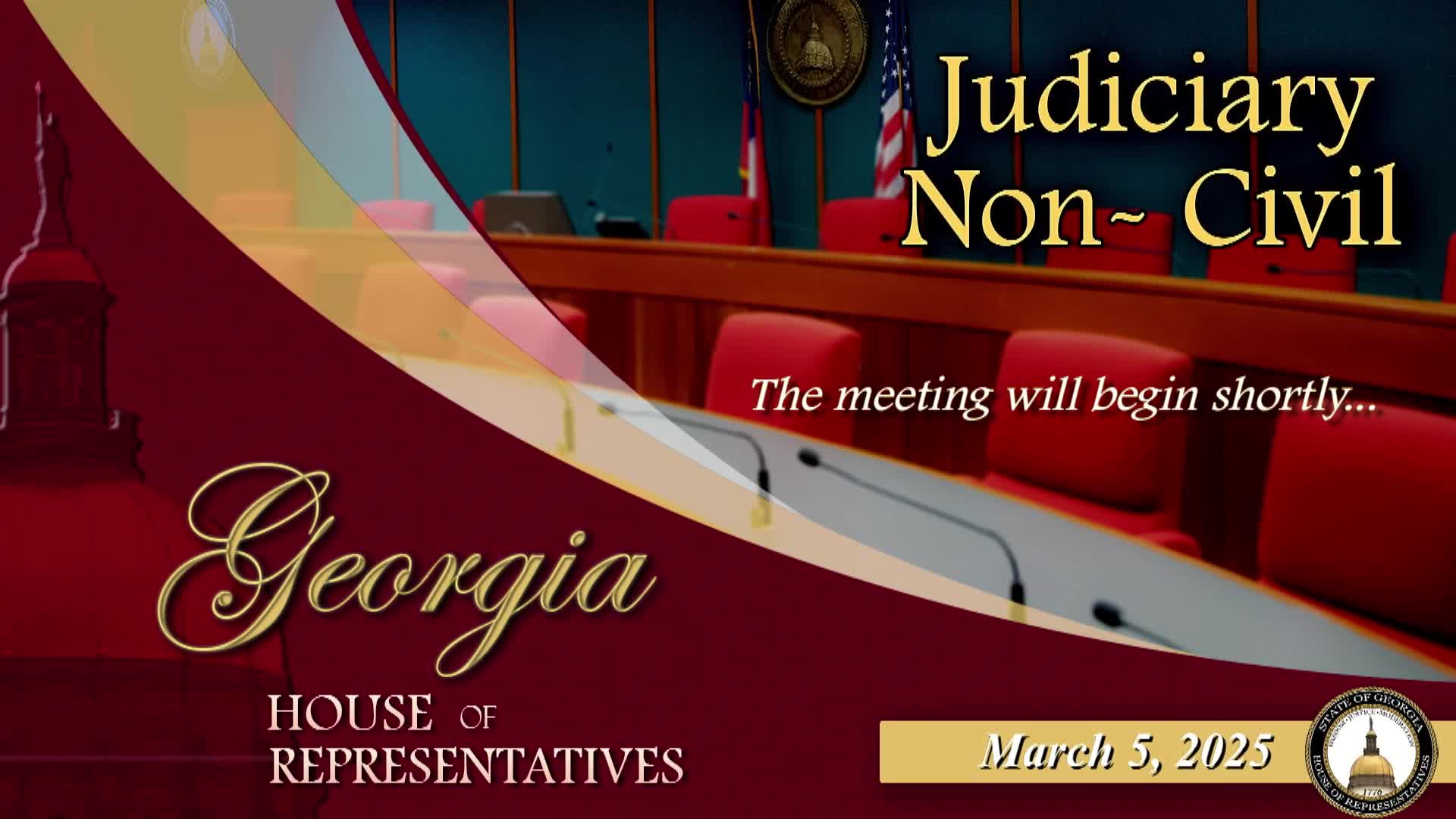Article not found
This article is no longer available. But don't worry—we've gathered other articles that discuss the same topic.
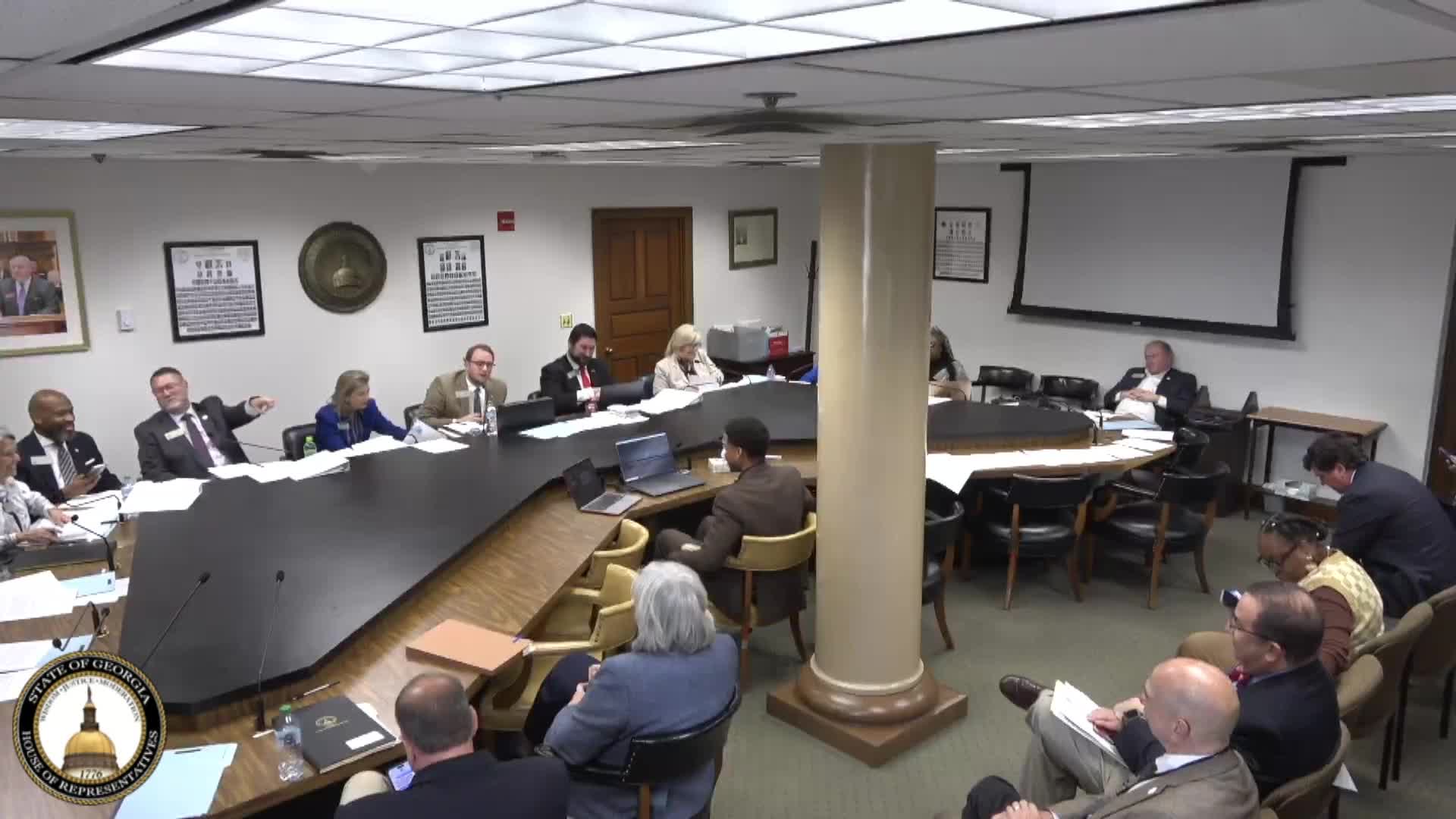
Bill would extend immunity to some victims of trafficking and related crimes; committee debates scope and 'good faith' language
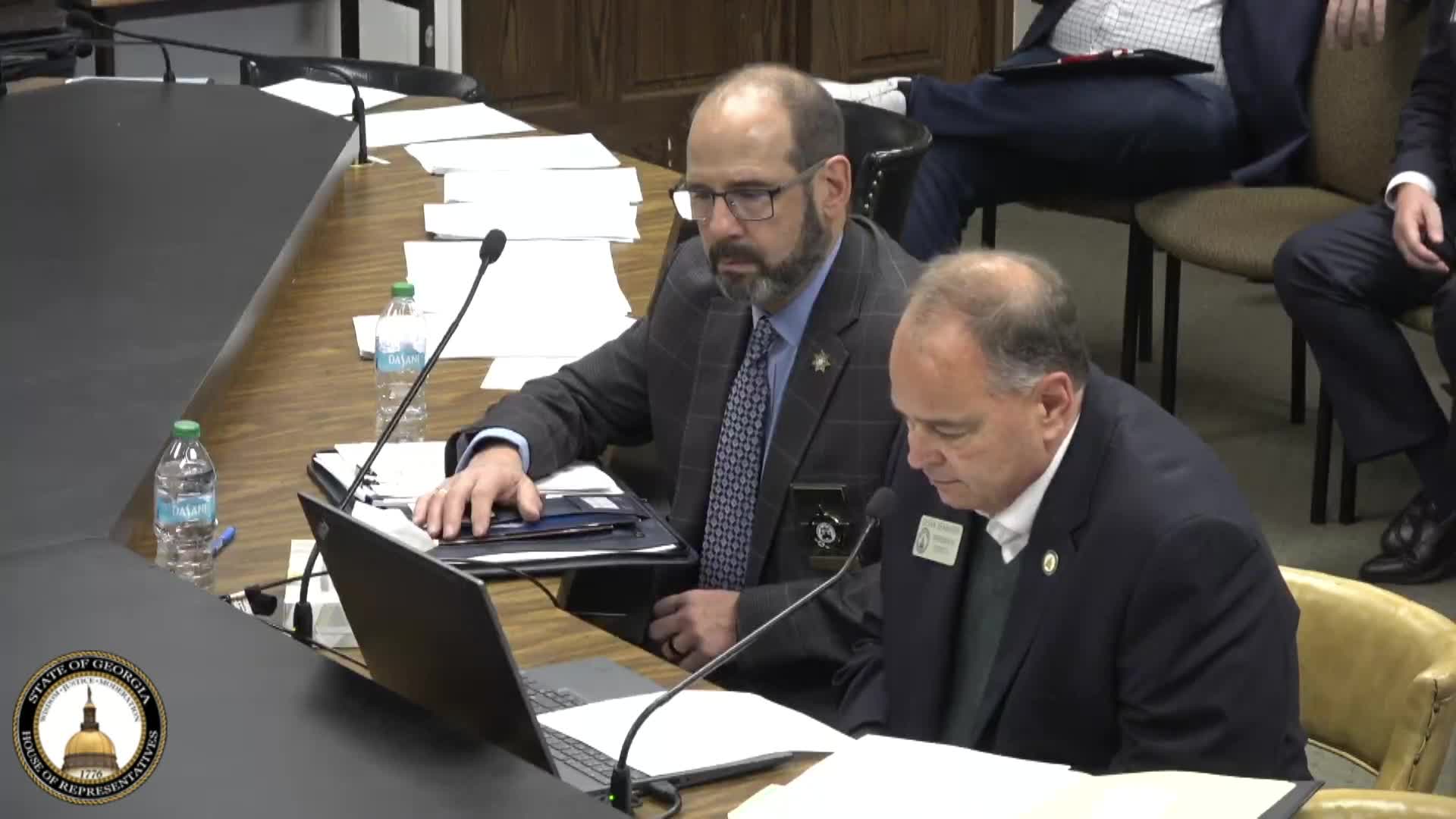
Bill would raise pay for special prosecutors; sponsor says no new appropriation needed
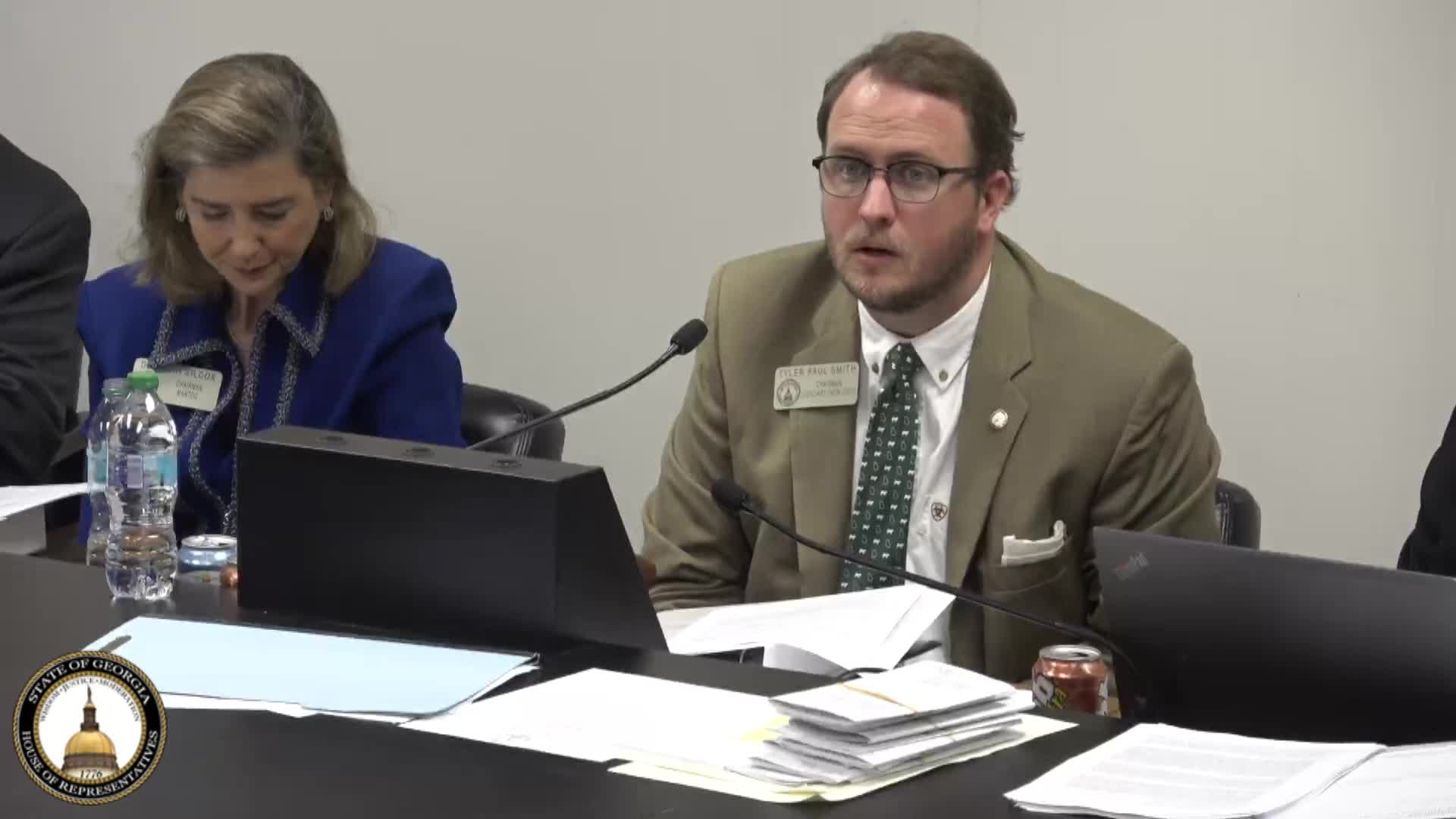
Bill to standardize peace‑officer oaths clears presentation with law‑enforcement backing
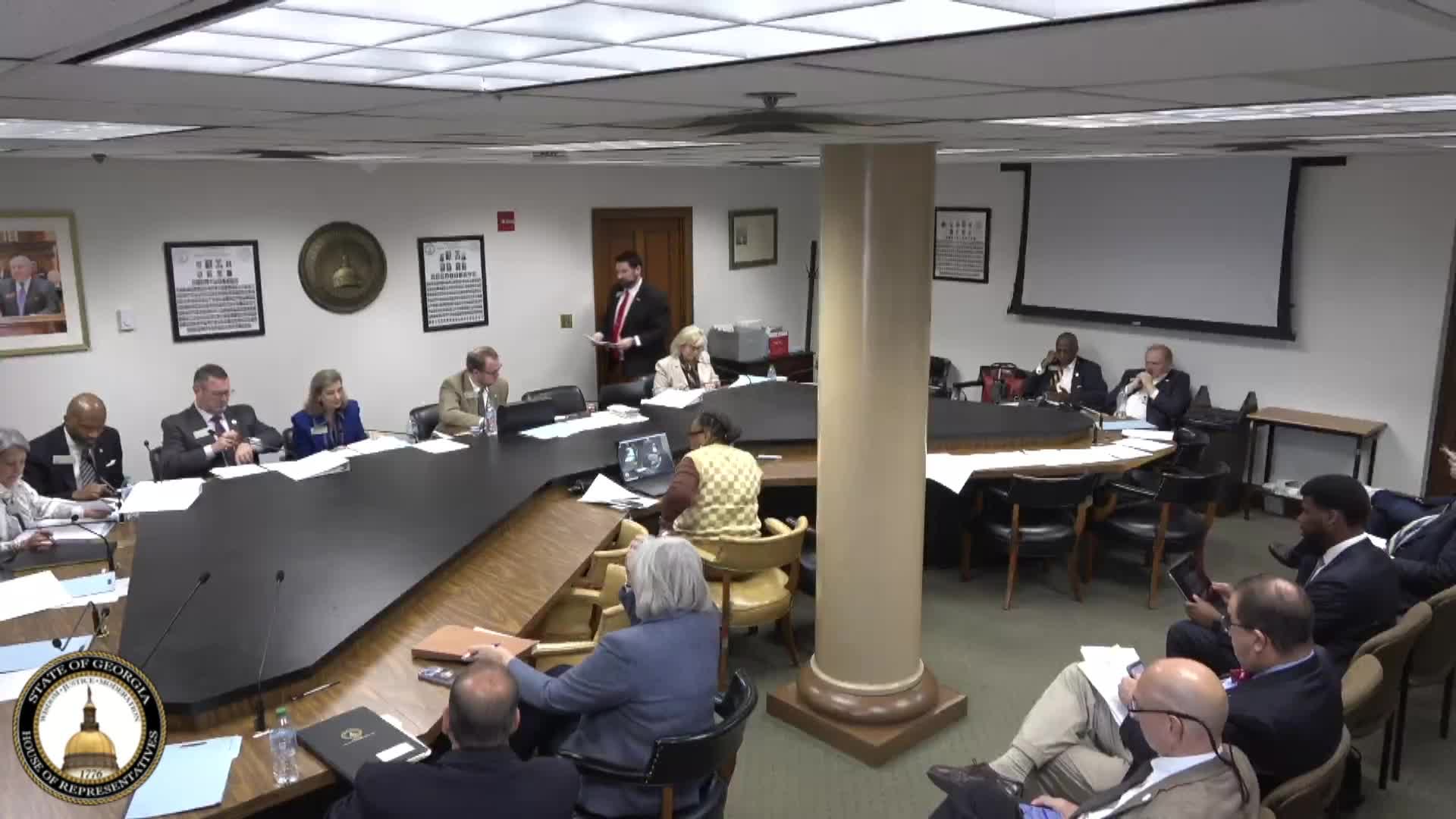
Committee hears bill to restrict release of booking photos and target pay‑to‑remove websites
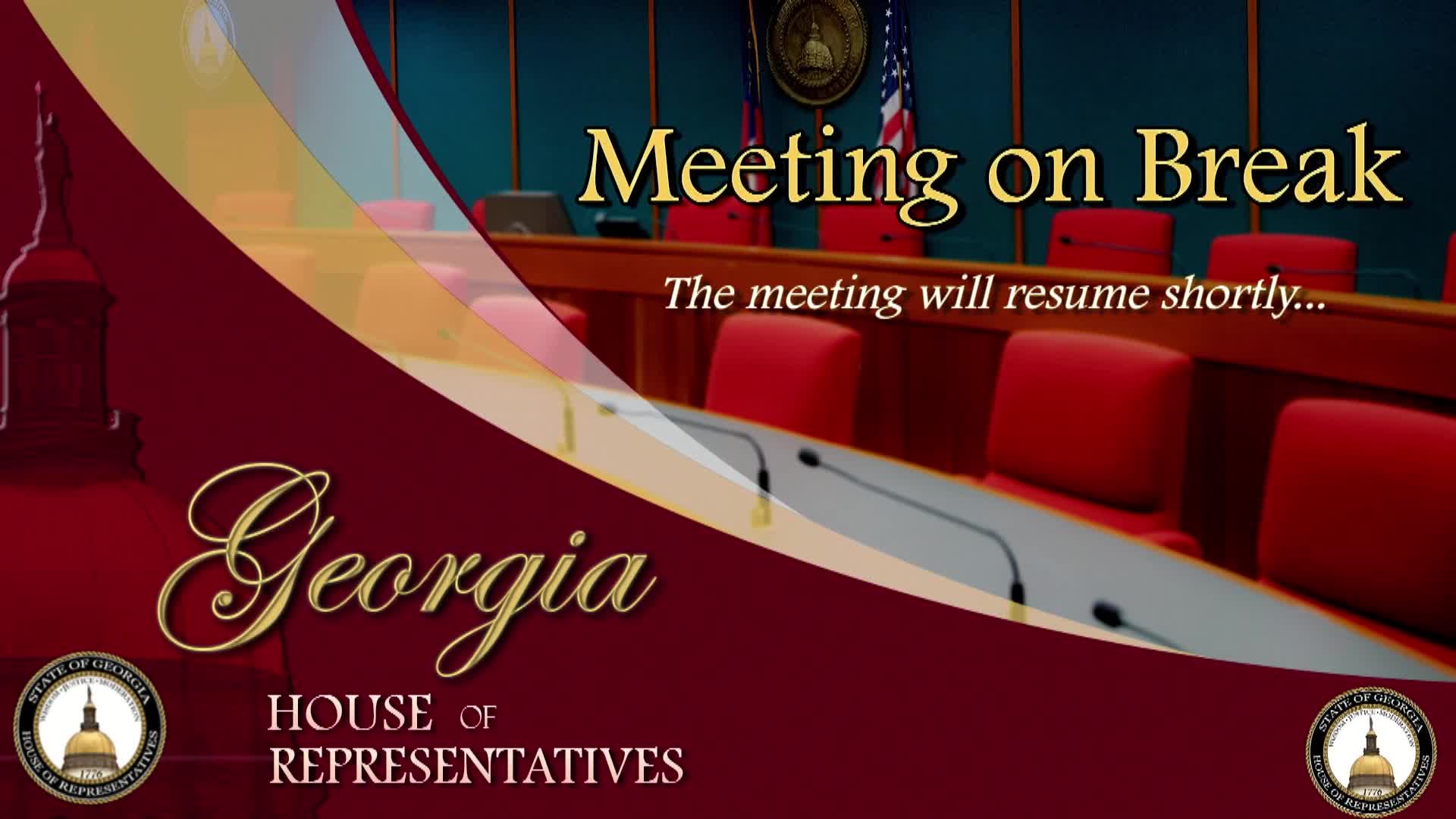
Representative says bill would stop automatic purge of involuntary‑commitment records from gun‑background checks in rural counties
